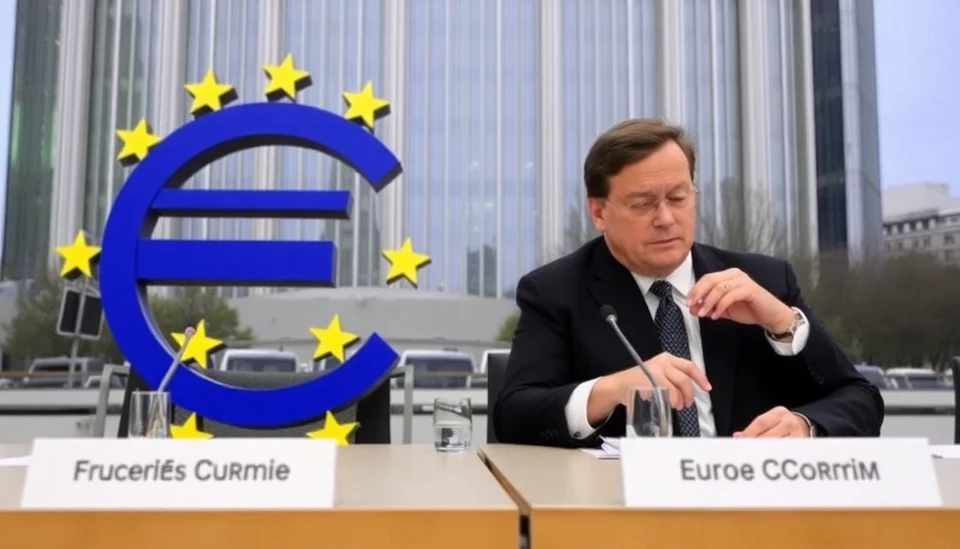
In a crucial meeting scheduled for next month, European Central Bank (ECB) officials are poised to engage in a heated discussion concerning the effectiveness of interest rate cuts in stimulating economic growth. As inflation persists across the eurozone, the central bank faces mounting pressure to recalibrate its monetary policy in a bid to foster economic recovery amidst ongoing uncertainties.
The backdrop to this significant dialogue is characterized by diverging opinions among ECB board members regarding the depth and pace of interest rate reductions necessary to invigorate the sluggish economy. Some officials argue that lowering rates significantly could directly translate into increased consumer spending and investment, thereby enhancing overall economic activity. Conversely, others caution that drastic cuts might stoke inflationary pressures further, undermining the very stability the ECB aims to uphold.
The debate comes at a time when recent economic data reflects a lackluster recovery in the eurozone. Many economies within the bloc have struggled against a backdrop of high energy costs and lingering supply chain disruptions, both of which have impacted consumer confidence. As inflation levels have shown signs of moderation, key decision-makers debate whether the current economic landscape warrants a more aggressive approach to interest rates.
ECB President Christine Lagarde has called for a careful assessment of the economic indicators before making any decisive moves. She argues that while rate cuts could potentially stimulate demand, it is essential to tread cautiously to avoid unintended aggravations of inflationary trends. The conflicting viewpoints on the effectiveness and implications of monetary easing reflect the complexities of formulating a cohesive strategy amid varying regional economic conditions.
Moreover, market analysts are closely watching the ECB's forthcoming actions, as any significant policy shifts could have broad implications for the euro, as well as for international investment strategies. The stakes are particularly high given the eurozone's precarious economic situation and the global economic environment highlighted by raised interest rates in other regions, particularly the United States.
As the ECB deliberation approaches, institutional investors, economists, and market watchers are keenly anticipating the outcomes of these discussions. A consensus on the optimal path forward may be essential not just for the eurozone's future economic health, but also for global market stability.
In summary, the upcoming ECB meeting promises to be illuminating as officials weigh the potential risks and benefits associated with interest rate cuts. With divided opinions and the ever-evolving economic landscape, the decisions made could shape the trajectory of the eurozone's recovery for years to come.
#ECB #interestRates #eurozone #economy #monetaryPolicy #inflation #ChristineLagarde
Author: Laura Mitchell




